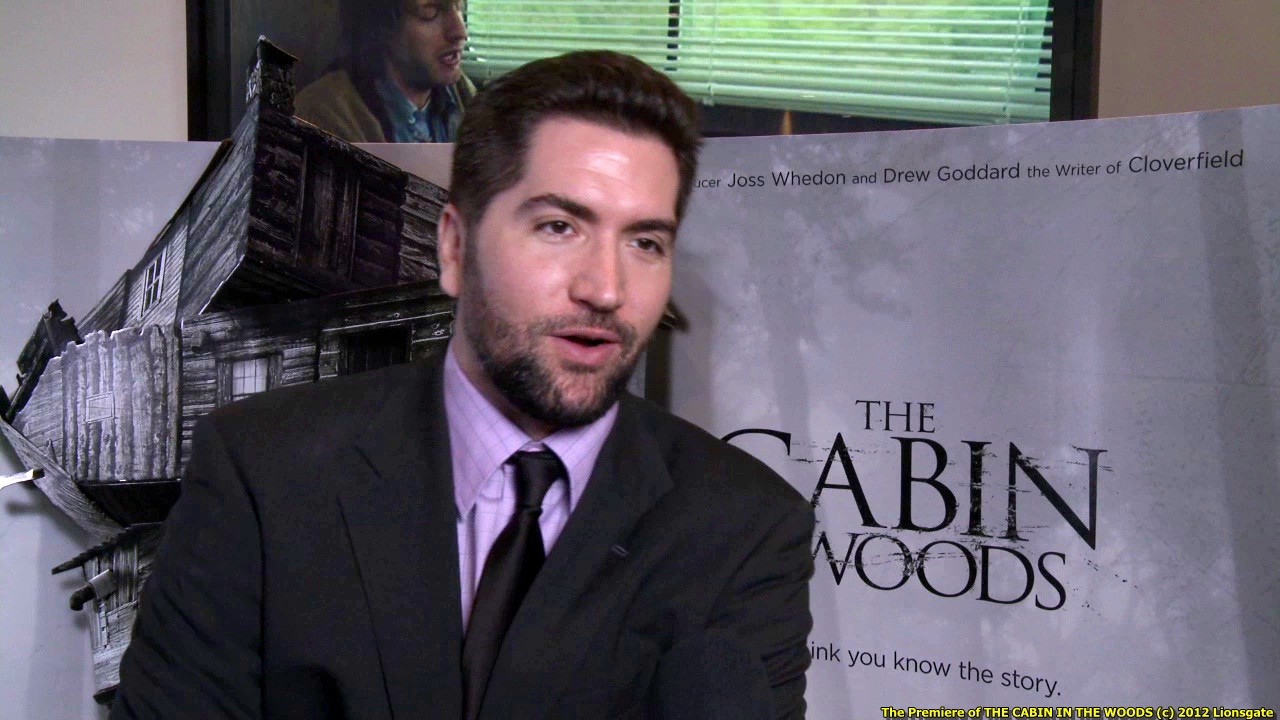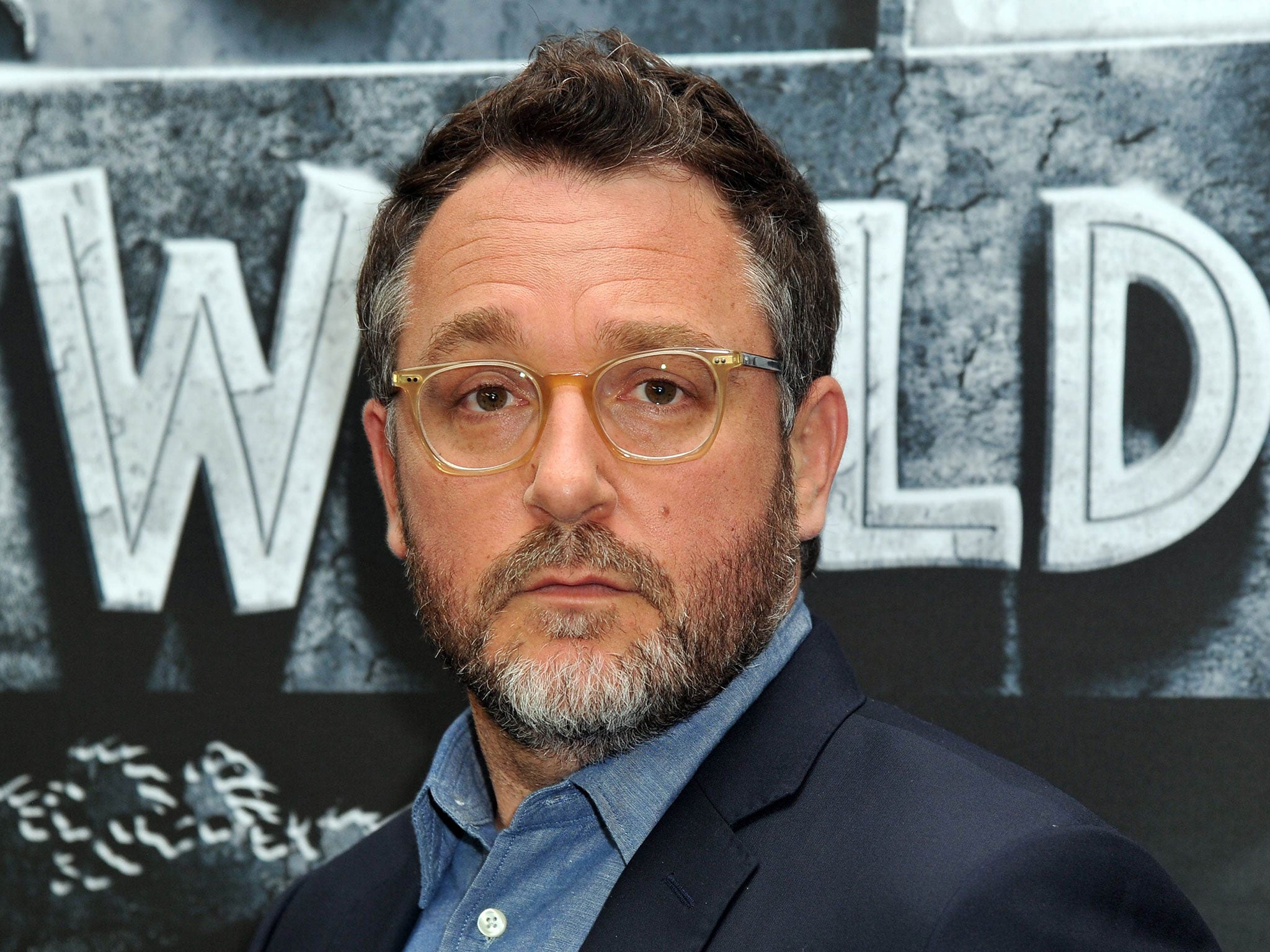 |
| Comingsoon.net |
What better a way to celebrate a coming giant monster franchise and a year of writing than returning to what got me back into writing to begin with.
Over a year ago, Crit Hit made its first sustained comeback with a look back on some of the most influential works of the “Godzilla” franchise that went into defining Gareth Edwards’ excellent 2014 American produced return for the King of Monsters.
While my love of the film still holds strong and my excitement for Edwards’ future work is through the roof (I’m honestly more excited for “Rogue One” than “The Force Awakens” currently), I maintain something of a mixed reaction to news that he will return to the director’s chair for a sequel. His scaled back, slow burning approach provided Godzilla with an excellent return to form while still allowing for variety of future Kaiju bashing conflicts but I’m not sure if I want this style to define the franchise for the foreseeable future.
One of the things that made even the weakest periods of past Godzilla films so great was the variety that different directors brought to the franchise; a variety that is not only a key reason for Godzilla’s evolution from a single iteration but was imperative to the survival of the series as a whole.
This could be even more problematic with the announcement of the Godzilla and King Kong mythologies to come together to form a new cinematic universe, which will desperately need more variety if it aims to keep itself sustainable.
With that in mind, although I anticipate the coming sequel, I do hope for something of a shakeup from the series stylistically and the genre as it currently exists domestically, which can only happen by bringing in people with a different eye. With that in mind, here are just a few suggestions if this coming “Legendary” franchise is here to stay.
JJ Abrams (Super 8, Star Trek)

A choice that would admittedly work better for a lighter film but Abrams, despite a greenness in the craft that can victimize him based on the quality of his screenplay, has demonstrated an incredible eye for action and detail without losing track of the character’s position in the events unfolding around them.
Imagine sequences of human characters, escaping carnage or having to cross though it while 2 physical forces of nature rage on all around them. The nature of Kaiju films typically being laid out as interconnected set pieces matches a style of pacing that Abrams is generally accustomed but he also has a decent track record of reinforcing the motivations of main characters, a drive that critics of “Godzilla (2014)” will remind didn’t quite come across as powerfully as it should have.
While the man is not without his directorial hiccups, with his green nature manifesting in his struggle to find and refine his style, there’s something about the nature of Kaiju as a material to play with that may lend itself well to his sensibilities that may be a match made in heaven. If nothing else, his passion for the genre led to the creation of one of the most underrated Kaiju films ever made.
Drew Goddard (The Cabin in the Woods, Cloverfield [writer], Daredevil (2015) [creator])

Another hand involved in the aforementioned “Cloverfield,” a common thread that seems to bind Drew Goddard’s work seems to be his ability to zero in on the humanity of outlandish concepts.
Goddard’s screenplays have traditionally emphasized this factor for comedic effect but his humor has ultimately only served as a device to humanize the people caught in the crossfire, even framing them to be more sympathetic than they may actually be.
His actual directorial work may be limited but he has nevertheless demonstrated a fine ability to blend the plight of relatable characters with genre storytelling tropes with few hiccups through an understanding of the concepts on a metatextual level. Goddard’s ability to break tropes down to their most basic components and translate that into relatable events that can be processed by the brain can provide clarity to the danger and scenario typically reserved for clunky exposition, freeing the film of precious time to explore new opportunities.
Colin Trevorrow (Jurassic World)

Legendary has continued to show themselves to be a particularly crafty studio when it comes to monster making. “Jurassic World” was a gamble that paid off in more ways than one but in addition to the revitalization of a long dead franchise, cementing Universal at the top of the pile financially, and putting forth one of the best films of the summer, the launching of Colin Trevorrow’s mainstream career may be a fine example of finding a diamond in the rough.
Trevorrow’s ability to not only bring these creatures to life but even manage to subtly characterize them through their actions and reactions to outside stimuli make a terrific case for the place of modern special effects in such films but the framing and tone are what truly take the cake.
Through a keen understanding of both genre tropes and the workings of the entertainment industry in general, he managed to make a film not only critical of the faults of this films blockbuster status but celebratory of movies of its nature, while maintaining a rotating tone that could allow the film to be as dark or light as it needs to be for audiences of all ages at any given point of the story.
Rather than be ashamed of its admittedly B-film-esque status, Trevorrow chose to embrace it and twist it to its bidding to create something somewhat thought provoking and atmospheric without losing the camp and sense of fun that defines it. I can think of no better way to describe what a perfect Kaiju film should be like.
Matt Reeves (Cloverfield, Dawn of the Planet of the Apes)

Another mind from the house of “Cloverfield,” I honestly can’t help but wonder if Matt himself seems to want the opportunity to handle a Kaiju flick, seeing as a large chunk of his filmography is smart creature based genre stories exploring the human condition.
Between his work on “Cloverfield,” “Let Me In,” and “Dawn of the Planet of the Apes,” Matt Reeves demonstrates an ability to unite the human element with the fantastical in a way few of the most talented of storytelling veterans have difficulty nailing down. In helming films about subjecting humanity to aspects of the unnatural, representing fears of the unknown and the darkest places that survival instinct can drive us to, he has crafted tales demonstrating how thin the line between what we are and what we hate can be while giving a complexly relatable face to inhuman concepts.
Whether instilling terror, sympathy, or a heartwarming or soul crushing sense of empathy, Reeves’ signature of tying his fantastical elements together and creating a powerful emotional resonance could provide a glorious asset to the budding Kaiju market in the US that it will desperately need to assert longevity for the future.
Bong Joon-ho (Snowpiercer, The Host)

Both the least likely yet most desired of the lot, Bong Joon-ho is a visionary that could bring a lot to the genre as it grows not only domestically but even internationally in its country of origin.
His usage of political commentary ranging in subtlety of usage to observe tendencies of mankind while maintaining focus on a raw emotional center in the form of the protagonist and his motivation already make for strong drama on their own. However, Bong has twice demonstrated his capability of adapting his tricks to science fiction to stupendous effect, with one of his films (“The Host”) being an actual monster movie.
Although the scope of the production would be nothing to scoff at, a proper Kaiju film under his wing could be socially relevant without feeling heavy-handed as well as tense and emotional but uniquely humorous.
No comments:
Post a Comment